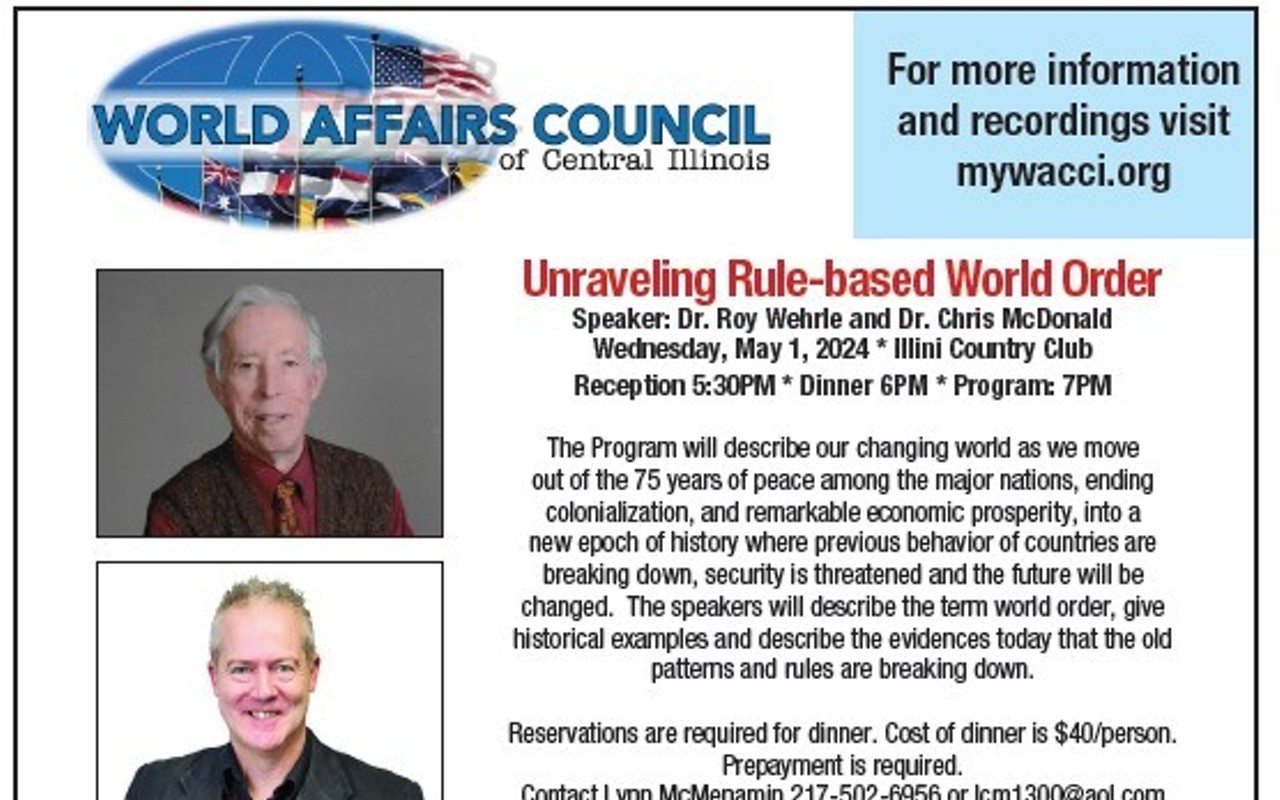The Illinois Department of Children and Family Services has been a very big state problem for a very long time. The department now has new leadership under Director Heidi Mueller, whose appointment was met with widespread praise. The former director of the Illinois Department of Juvenile Justice was confirmed by the Senate without a single “No” vote last month, minutes before I interviewed her.
During the past year or so, DCFS has taken major heat from the legislature’s bipartisan Joint Committee on Administrative Rules over the department’s regulation of child care centers. At one point, some legislators said that the embattled agency should get out of the child care regulatory business altogether and focus on its core mission.
So I asked Mueller what she thought about the idea. “I do think that getting out of the child care licensing business for DCFS helps us focus on our core mission,” Mueller said.
Mueller talked about the idea in the context of “right-sizing” the agency. Her main priority, she said, is “getting in front” of the steadily increasing numbers of calls to the agency’s hotline, the resulting increase in investigations and the increased number of kids in care, which she said is “really unsustainable at some point.” Instead, she said she wants to “focus on prevention” and work with other state agencies “to make sure that no family is coming into or touching the DCFS system just because they need support and services for their child.”
“Most kids,” she said, “want to be with family, they want to be at home.” And she noted that “strong, healthy families” would help “keep kids safe.”
Cook County Public Guardian Charles Golbert has been a ferocious critic of DCFS over the years, but he called a recent meeting with Director Mueller “highly productive.” (Director Mueller said she wants regular meetings with Golbert to make sure their two offices are “finding solutions together.”)
Golbert, however, pointed out that despite all the increases of youth in care, the state’s rate of removing kids from families is “one of the lowest in the country, and has been for the past 10 years or so.” He also warned that when DCFS has in the past tried to decrease the removal rate, “we have often seen many high-profile cases of dead children.”
Kyle Hillman with the National Association of Social Workers’ Illinois chapter has also been a sharp critic of DCFS, but he had a much different take than Golbert.
“The director's strategy to adjust the number of children in care, prioritize kinship, overhaul departmental culture and processes and enhance the provision of intact services and community programs, is undeniably the correct policy and structural direction for the department,” Hillman said. Too little public attention is paid to “the thousands of cases where this approach has significantly benefited families and youths in care,” Hillman claimed. Instead, he said, “it's the tragic incidents, including the loss of lives among children previously involved with DCFS, that tend to dominate headlines.”
The two DCFS critics were unified, however, when it came to Mueller’s discussion of kids who appear to be trapped in “beyond medical necessity” hospitalizations. Numerous stories have been written about children who are in mental hospitals and can’t leave because there’s no place for them to go.
Mueller said 31 children were currently in beyond medical necessity situations, and said that “beyond medical necessity is the term that an insurance provider uses to classify a child when they will no longer pay for services for that child… It doesn't always mean that that child doesn't require further treatment and intensive care.”
Golbert, the public guardian, said that while beyond medical necessity is indeed an insurance term, Mueller was “mistaken and, frankly, disingenuous” about what it really means.
“If you talk with the doctors and care providers at the hospital,” Golbert said, “they will tell you how horrible this is for the children, how they don’t need to be there, and how unconscionable it is that DCFS doesn’t have anywhere for the children.”
The NASW’s Hillman agreed. “The issue at hand is not about denying necessary care to those who need it; rather, it centers on the grave reality that children deemed ready to transition to less restrictive environments are instead left languishing in hospital settings.”
Even so, Mueller said that finding placements for those children is an “immediate priority of mine.”
At the end of the conversation, I wished Mueller luck, because despite her obvious skills, talents and experience, she’ll likely need it.



















